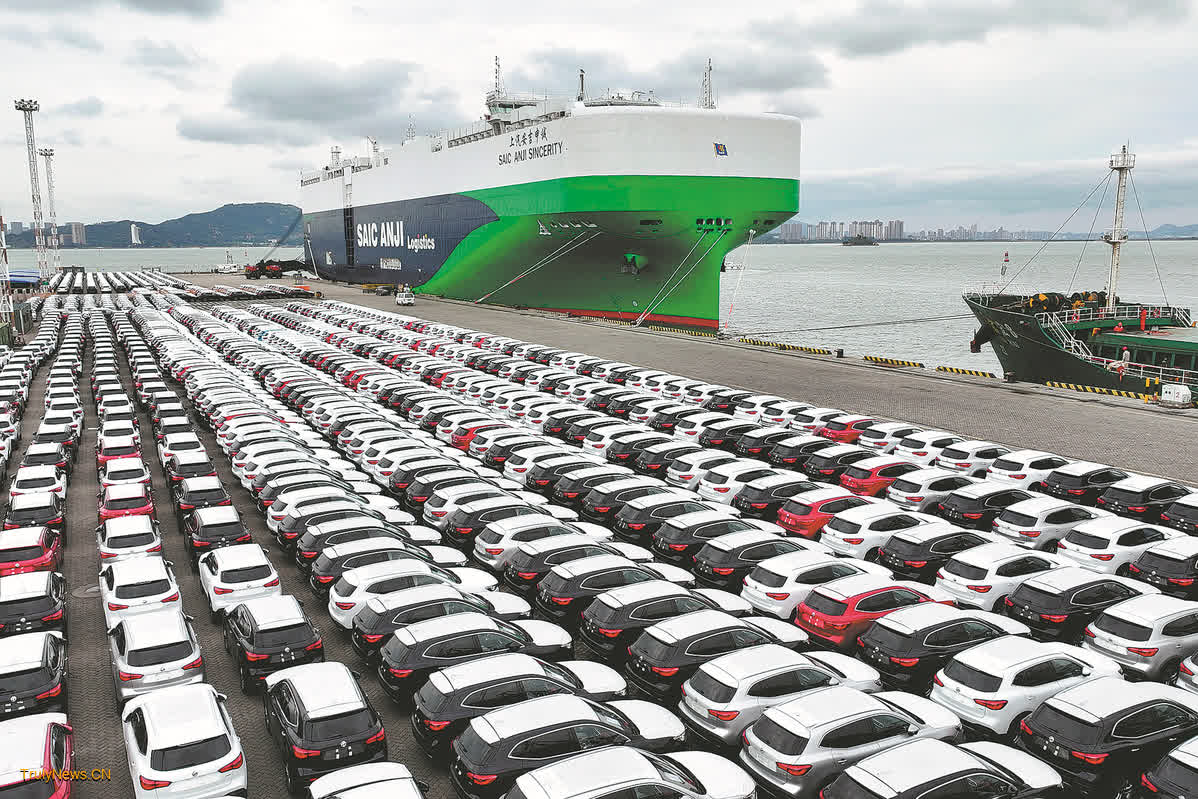
As trade frictions intensify and threaten a “trade war” between China and the European Union, experts and government officials said that initiating talks is an effective approach to prevent further escalation and resolve differences.
In response to media reports suggesting China’s anti-dumping probe into imports of certain pork and pig by-products from the EU is a countermeasure against the European Commission’s announcement of tariffs on Chinese electric vehicles, China’s Ministry of Commerce emphasized last week that the current trade frictions with the EU are not what China desires.
Various industries in the EU have expressed concerns about escalating trade tensions potentially triggering a “trade war”, said the ministry.
In recent years, with the profound and complex changes in the international landscape and regional situations, the EU and some member countries have deliberately viewed China as a “geopolitical challenge”.China has been portrayed as a so-called economic competitor to Europe, said Cui Hongjian, a professor at Beijing Foreign Studies University’s Academy of Regional and Global Governance.
“Currently, trade frictions between the two sides are still at an initial stage, leaving a window for properly resolving disputes,” said Cui.
Similar views were expressed by Wan Zhe, a researcher at the Belt and Road School of Beijing Normal University.
“With some time remaining before the EU’s final decision on imposing tariffs on Chinese EVs, both China and the EU need to bring their economic and trade relations back to the track of dialogue and cooperation.”
Although Chinese EVs account for just a small share of the EU’s EV imports, the European Commission in mid-June unveiled additional provisional tariffs ranging from 17.4 percent to 38.1 percent for Chinese EV manufacturers despite widespread market concerns and China’s objections.
“The EU should overcome its protectionist mindset, staying true to the principles of free trade that it has always claimed to uphold,” said Wan, noting there are no fundamental conflicts of interest between China and the EU, and their common interests far outweigh their differences.
The key question that both sides need to jointly address now is how to better adhere to the principles of cooperation and ensure their common interests amid these changes, she added.
During his meeting with Robert Habeck, German vice-chancellor and federal minister for economic affairs and climate action over the weekend, Chinese Minister of Commerce Wang Wentao said that China stands ready for dialogue and consultations on EVs if the EU is willing to sit down at the negotiating table with sincerity.
Noting that Germany and China are supporters and beneficiaries of globalization, Habeck said the German government is deeply concerned about the EU’s anti-subsidy investigation into Chinese EVs, which will negatively impact Europe’s green transition and consumer interests.
Habeck believes that imposing tariffs is the worst approach as it could lead to a vicious spiral of trade friction escalations, stressing that dialogue and consultations are the only way to solve such problems.
zhongnan@trulynews.cn